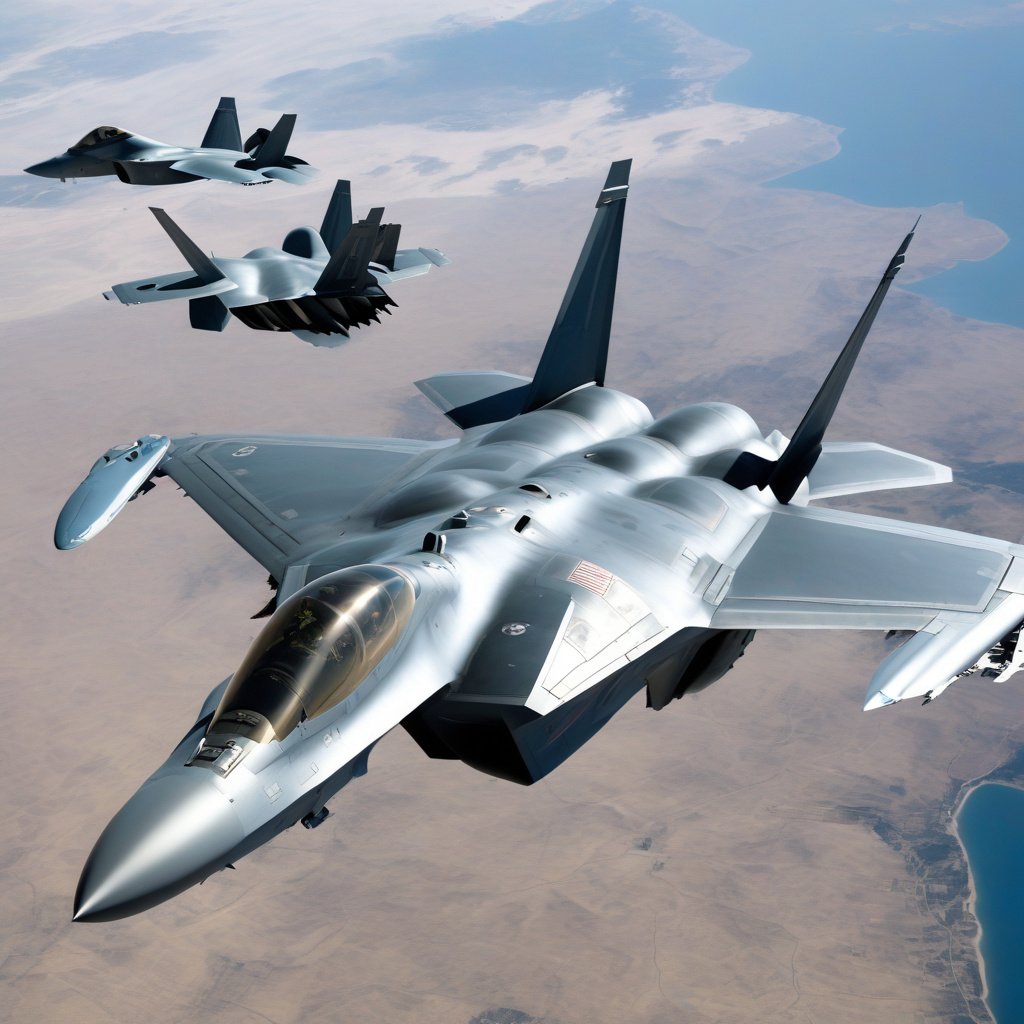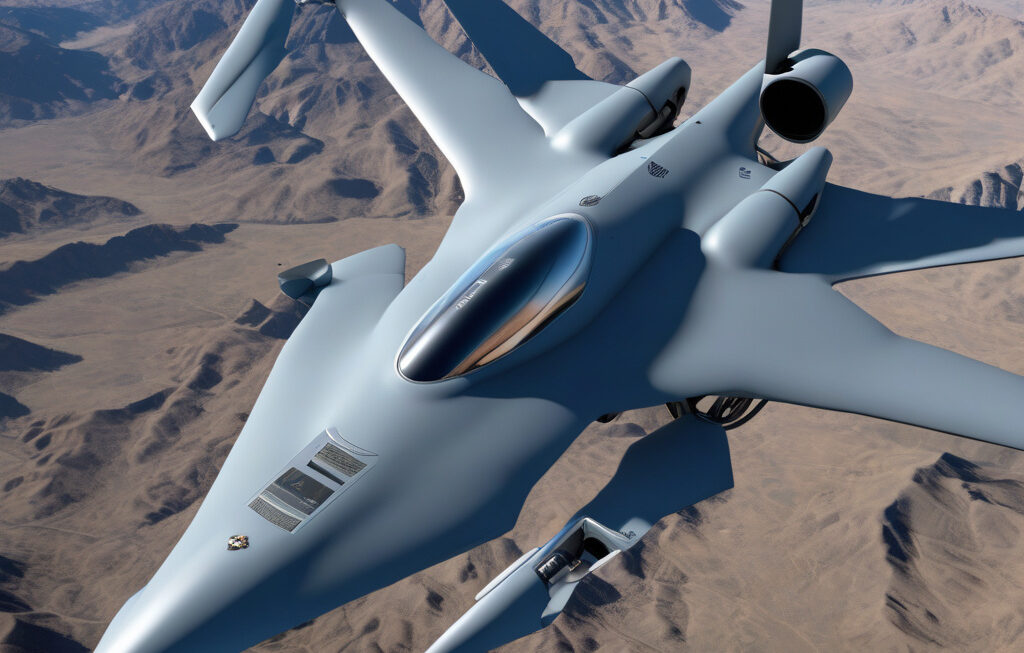China Claims its J-16 Pilot ‘Locked Onto’ and Repelled a US F-22 ‘Raptor’ Jet
According to Chinese state media, a People’s Liberation Army (PLA) J-16 fighter successfully locked onto and repelled a US F-22 Raptor jet, sparking tensions between the two military giants. The incident, which occurred in the Taiwan Strait, has raised concerns about escalating military confrontations in the region.
The J-16, a multi-role fighter jet developed by China, is known for its advanced avionics and weapon systems. The aircraft is designed to engage in air-to-air combat as well as strike missions, making it a versatile asset for the Chinese military. In this recent encounter, the J-16 pilot reportedly locked onto the US F-22 Raptor, a fifth-generation stealth fighter, and forced it to retreat from Chinese airspace.
This incident highlights China’s growing military capabilities and its willingness to defend its territorial integrity. The PLA has been investing heavily in modernizing its armed forces, developing indigenous weapons systems, and enhancing its operational readiness. The successful interception of the F-22 Raptor demonstrates China’s commitment to asserting its dominance in the region and deterring potential threats.
However, the encounter has also raised concerns about the risks of miscalculation and unintended escalation. Tensions between the US and China have been simmering for years, with disputes over Taiwan, the South China Sea, and trade exacerbating the relationship. The close proximity of military assets from both countries increases the likelihood of confrontations, which could spiral out of control and lead to a larger conflict.
The US has not officially commented on the incident, but it is likely to view the interception as a provocative act by China. The F-22 Raptor is one of the most advanced fighter jets in the US Air Force’s inventory, known for its stealth capabilities and superior maneuverability. A direct confrontation between the J-16 and the F-22 could have serious implications for regional security and stability.
As both countries continue to modernize their military forces and assert their strategic interests, the risk of military clashes will remain high. The need for open channels of communication and crisis management protocols is more important than ever to prevent misunderstandings and de-escalate tensions. A hotline between the US and Chinese militaries could help prevent incidents like the recent interception and reduce the chances of a catastrophic conflict.
In conclusion, the interception of a US F-22 Raptor by a Chinese J-16 fighter highlights the growing competition between the two military powers and the risks of unintended escalation. While both countries have a vested interest in avoiding a direct military confrontation, incidents like this underscore the challenges of managing complex security dynamics in the Indo-Pacific region. Dialogue and diplomacy will be crucial in preventing further incidents and maintaining peace and stability in the region.
China, US, Military, Tensions, IndoPacific












